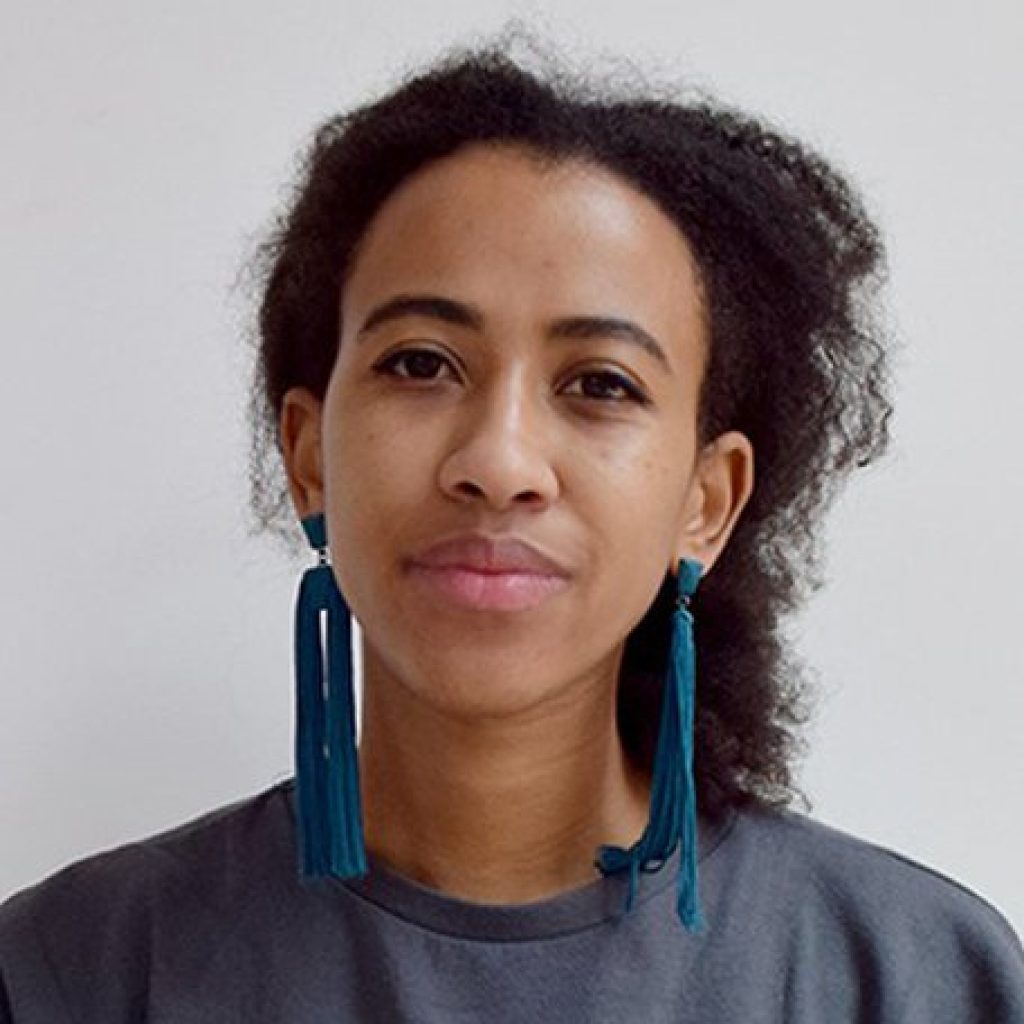Thandi Loewenson received prestigious $100,000 fellowship for project exploring the ‘entanglement of Earth and Air’ in contemporary Africa. The Harvard Graduate School of Design (Harvard GSD) has named Loewenson as the recipient of its 2024 Wheelwright Prize, awarding the early-career architect with $100,000 to support two years of further research for her proposal “Black Papers: Beyond the Politics of Land, Towards African Policies of Earth & Air.”
Her project offers a groundbreaking exploration of social and spatial relations in contemporary Africa. Loewenson’s research diverges from traditional analyses of land, often focused on private property, dispossession, and exploitation in postcolonial African contexts. Instead, she introduces a novel framework called “the entanglement of Earth and Air.” This approach considers overlapping terrains above and below ground, from rare metals buried deep within the Earth to the digital cloud and Earth’s ionosphere. Her research examines the persistence of colonial capitalist systems across these entangled terrains and aims to reshape policy discourse and public perception.
Loewenson’s “Black Papers” aim to expand the interpretation of land to include various scales, from a solitary breath of air to entire weather systems. This comprehensive view challenges existing paradigms and proposes new ways to understand and address racialization and exploitation. Her research will utilize aerial techniques for surveying and prospecting, as well as investigate the mining of “technology metals” used in networked devices that perpetuate global digital dispossession.
The Wheelwright Prize will support Loewenson’s research over two years, focusing on seven African nations: the Democratic Republic of Congo, Ghana, Kenya, Senegal, South Africa, Zambia, and Zimbabwe. Her work will culminate in the “Black Papers,” which will be disseminated through various media, including video, radio, and social platforms like WhatsApp, to reach broad audiences.
“The question of land, and its indelible link to African liberation and being, echoes across the continent as a central theme of liberation movements and the postcolonial governments that followed. Instead of solely engaging land as a site of struggle, this work situates land within a network of interconnected spaces, from layers deep within the Earth to its outermost atmospheric reaches,” says Loewenson. “This research presents a radical shift: developing a new epistemic framework and a series of open-access, creatively reimagined policy proposals—the Black Papers—in which earth and air are not distinct, but rather concomitant terrains through which racialization and exploitation are forged on the continent, and through which they will be fought. The Wheelwright Prize is uniquely placed to support such ambitious inquiry, enabling me to bring together seemingly disparate yet closely bound parts of our planet, and agitate for a more just and flourishing world.”
Thandi LoewensonStill from Whisper Network Intelsat 502, 2022, performance and drawings (graphite on tarkovski paper).
Sarah M. Whiting, Dean and Josep Lluís Sert Professor of Architecture at Harvard GSD, highlights the significance of Loewenson’s work. “Expanding what constitutes architectural research, Thandi defines a sectional slice of inquiry that spans from the subterranean to the celestial. Her project is nothing short of a full reconceptualization of land and sky as material realities, sources of value, and sites of political struggle,” Whiting says. “Such vision exemplifies the kind of ambition the Wheelwright Prize is meant to support. Along with the rest of the jury, I could not be more thrilled that she is this year’s winner.
Jennifer Newsom, a jury member, co-founder of Dream the Combine and assistant professor at Cornell University’s College of Architecture, Art, and Planning adds, “Loewenson promises to think with the materiality of place, collapsing the spaces of poetics and the landscapes of policy with the literal terrain of the context these projections shape. Her proposal was clear-headed about its purpose, research methods, and outputs, yet remained nimbly open to the propulsive capacity for her work to fractal outward in ‘activist academic practice’—to new audiences, interlocutors, policymakers, students, and neighbors.”
2024 Wheelwright Prize Finalists
Loewenson was selected from a highly competitive pool of applicants. The jury also recognized three distinguished finalists for their promising research proposals:
• Meriem Chabani: An Algeria-born, Paris-based architect and founder of NEW SOUTH, Chabani focuses on designing spaces for vulnerable bodies in contested territories. Her notable projects include the Taungdwingyi cultural center in Myanmar and the Globe Aroma refugee art center in Brussels. She teaches at ENSA Paris Malaquais and the Royal College of Arts.
• Nathan Friedman: Co-founder of the Mexico City-based design office Departamento del Distrito and a professor at Rice University, Friedman’s work intersects politics, identity, and the built environment. His office contributed to the 2021 Chicago Architecture Biennial and received the 2022 Architectural League of New York Prize.
• Ryan Roark: An architect, writer, biochemist, and assistant professor at IIT in Chicago, Roark’s research centers on radical adaptive reuse in urban development. She directs the second-year undergraduate studio on housing and develops novel biomaterials for retrofits. Roark has published extensively on the history of preservation and urbanism.
Source: architectmagazine.com





